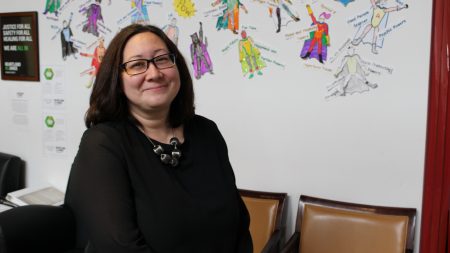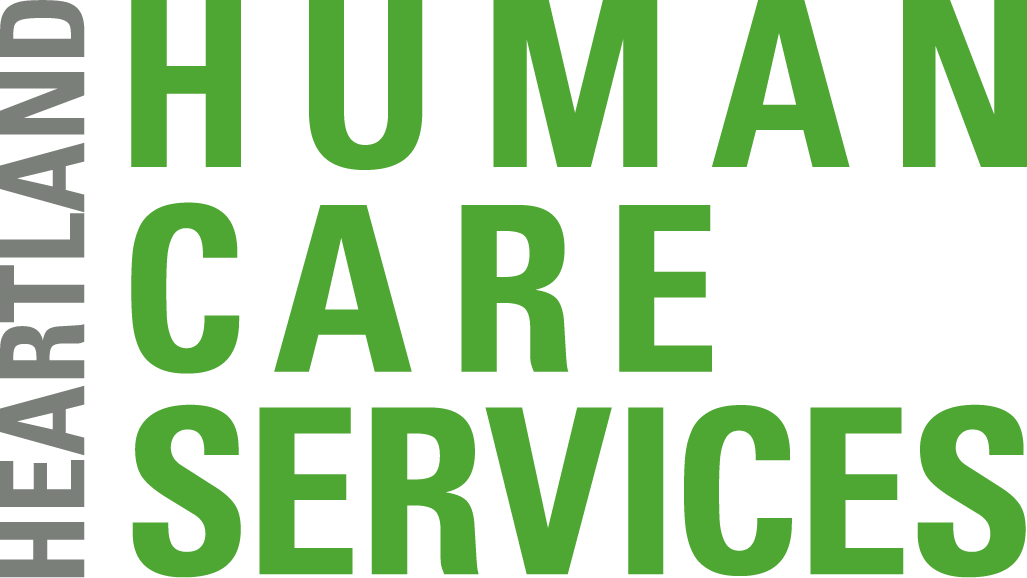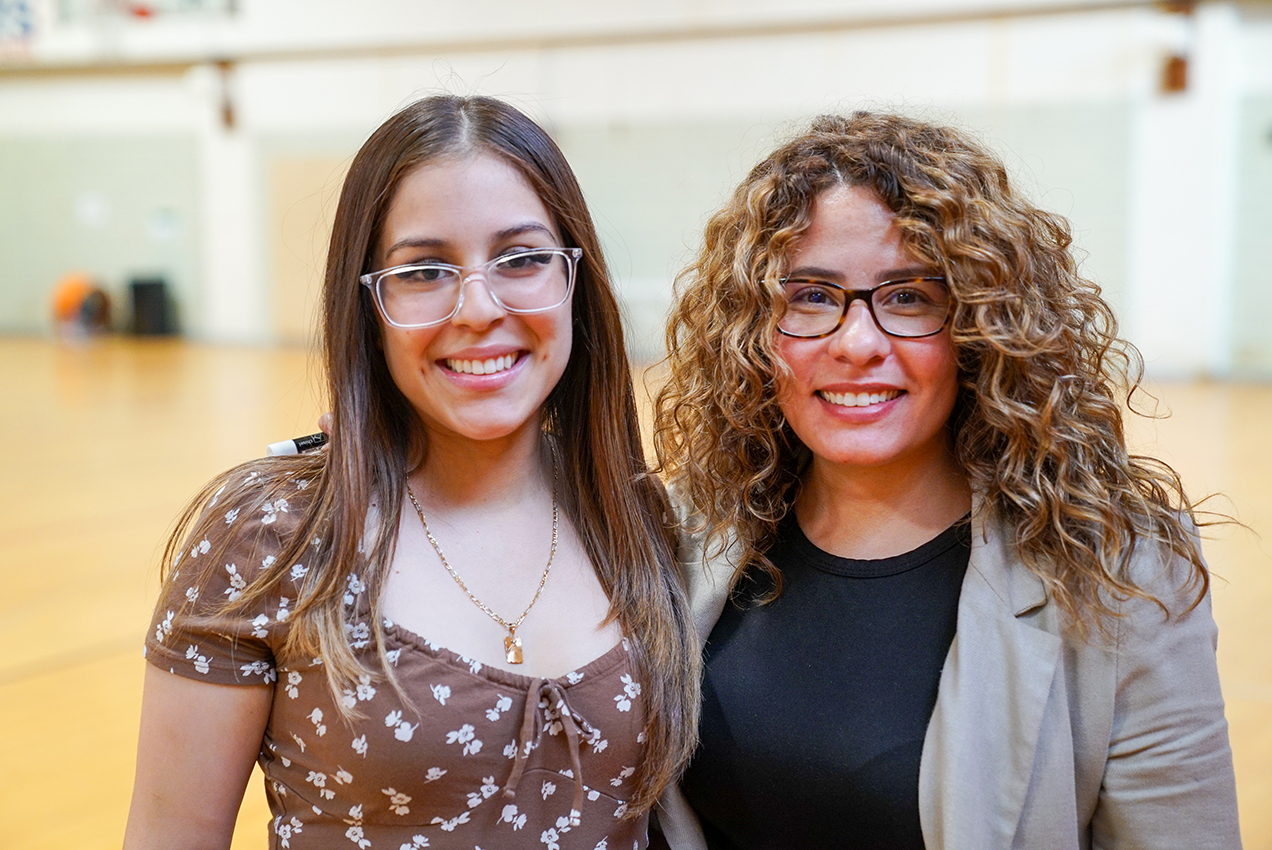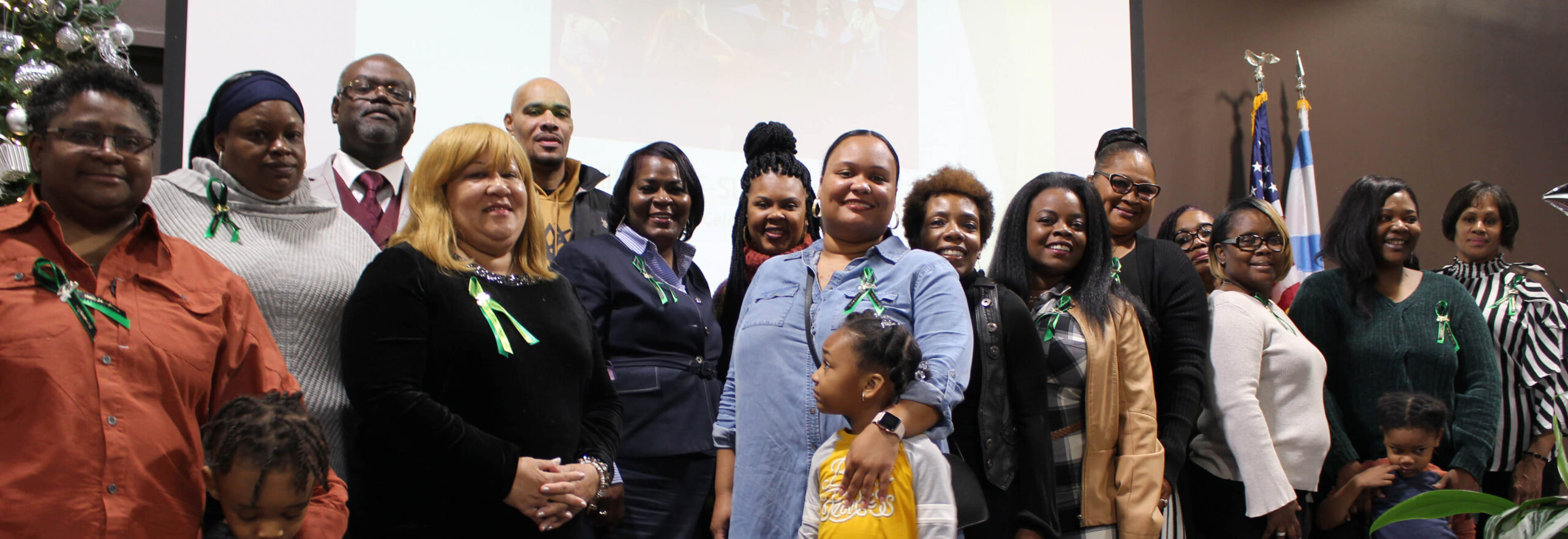
Family is everything for Adriana Gracia, Director of Violence Recovery Services & Opciones Saludables. It’s why she’s dedicated to helping survivors of domestic violence find peace. It’s why she has developed programs that give young parents the skills and confidence to raise their families. Most recently, it’s why she is focused on building networks of social services to enhance access to mental health and educational services to underserved communities. Learn more about what makes her tick below!
What got you into this work?
My grandmother, when she moved here from Mexico, got a lot of help from her predominantly Polish community. When she put down roots, she took that responsibility of serving those around her as well. She was so caring and nonjudgmental, and people were drawn to her because of that – and I take that spirit of service with me wherever I go.
So right out of college, I was working in child welfare, and saw a lot of families struggling with domestic violence. A lot of the children on my caseload were abused – both physically and emotionally. I wanted to work more with the families in supporting them on their healing journey.
Why is this work so important to the community?
With Violence Recovery Services, we’ve seen a real shrinkage of services in the last five years. That’s especially the case in communities where English isn’t the primary language. Sometimes you have to go really far out of your neighborhood to receive counseling, case management, or other services like this – especially if you’re looking for it in another language. And for Opciones Saludables, where we serve young parents, there’s still a huge gap in services offering young people the tools necessary to thrive. We’ve done great work offering those services not only to moms, but fathers as well.
I’m really excited about the work we’re doing here because we’re doing whatever it takes to get these services to our participants – wherever they are. We can really fill a need that most cannot provide, so we’re partnering with other organizations who are experiencing a need for these services, building trust in neighborhoods and with vulnerable populations.
When did you know you were in the place you needed to be?
When I realized just how dynamic my team was. We have a team of individuals who all have a variety of strengths, and a place where we can all be honest and feel vulnerable. I realized early on that what we had was special, and as a result our work to help people heal has been really effective.
What is your favorite part of your job?
I love that I get to do a little bit of everything in my role. I’ve been really fortunate to continue to carry a case load, and it keeps me committed to the field. I love working with our interns, providing them support and guidance on their paths. As a program leader, I really love to find new ways to incorporate our staff in expanding our work.
How can others help in your work?
It’s important to find out more about what we do here. There’s something very different in our work, and we’re always excited to share how we help and provide services.



